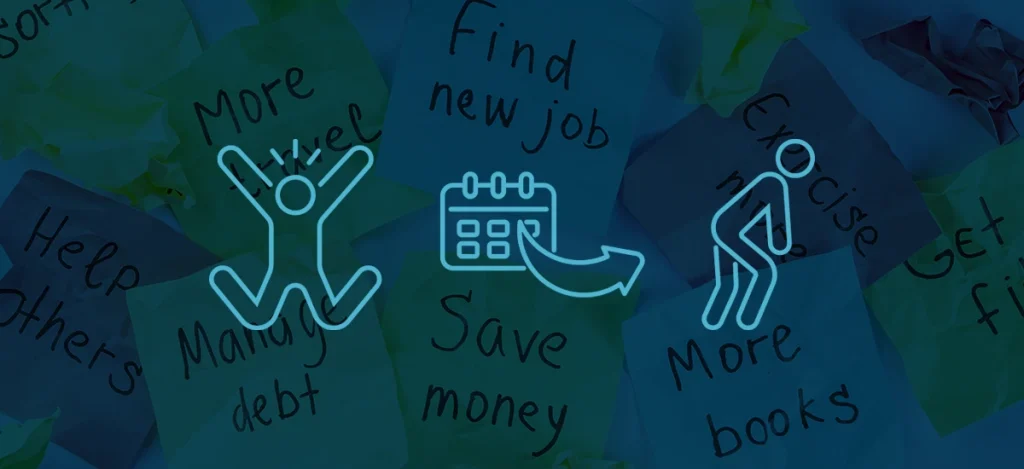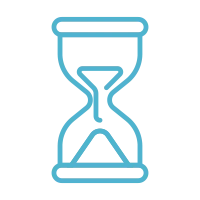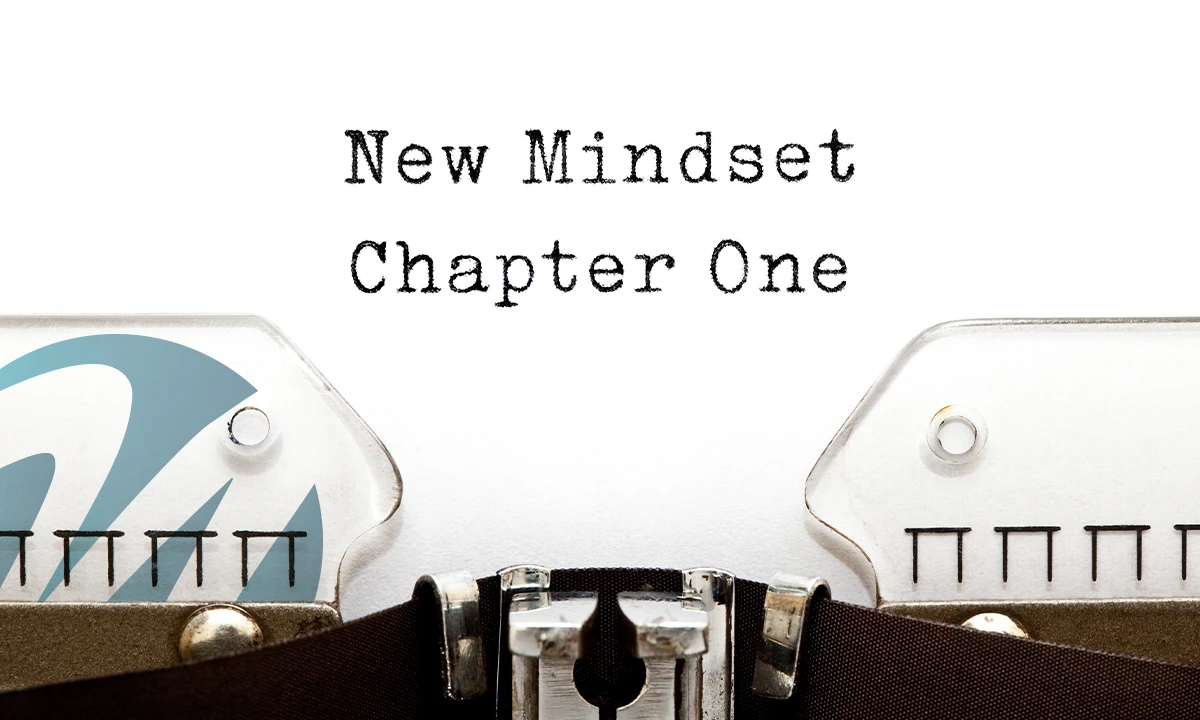Rethinking Resolutions for Your Mental Health
The new year is a natural time to hit the reset button. The fresh start often inspires us to tidy up, clear clutter, and create space — both physically and mentally. It’s also a season full of energy and momentum, making it the perfect opportunity to reflect, grow, and set intentions for the year ahead.
But when it comes to resolutions, many of us know the pattern: excitement in January, followed by discouragement in February. Resolutions are often seen as short-term fixes, or lofty promises that fizzle out. The truth? Resolutions don’t have to be all-or-nothing or rooted in shame. With a different mindset, they can be a meaningful way to nurture your mental health.

Why Set Goals for Mental Health?
Setting goals isn’t just about achievement. It’s about creating anchors that keep us steady and remind us what matters most. For mental health, goals can:
- Provide direction: instead of feeling vague or scattered, you have something specific to work toward.
- Offer predictability: routines can bring comfort when life feels uncertain.
- Build self-trust: following through on small commitments strengthens your confidence and helps you feel capable.
- Encourage self-kindness: shifting your internal voice from the “mean coach” to the “cheerleader” helps you stay motivated with compassion instead of criticism.
Think of it like a pie: one slice at a time is doable, but trying to eat the whole pie at once is overwhelming. Small steps build big progress.
Reframing Resolutions
Resolutions often come with pressure and unrealistic expectations. Rather than treating them like rigid rules, try seeing them as opportunities:

Add Instead Of Subtract
It’s often easier (and more enjoyable) to add something positive than to cut something out.
- Example: Eat veggies before dessert instead of banning sweets altogether.
- Example: Read a few pages of a book before scrolling social media.

Keep It Kind
Choose goals that feel good, fill your cup, and support your wellbeing.

Think Long-Term
Resolutions can unfold slowly across the year, instead of being a quick burst of change.

Stay Flexible
Adjust along the way. Growth isn’t about perfection — it’s about progress.
When resolutions feel less like punishment and more like possibility, they become tools for building the life you want.

Finding Success That Lasts
True success isn’t about getting everything “right” all at once. It’s about growing into the person you want to become over time. Here are a few ways to stay grounded and motivated:
- Be specific and measurable: Vague goals are hard to follow. Define your “what” and “how.”
- Track little wins: Celebrate small benchmarks — they add up.
- Practice mindfulness: Notice how your choices make you feel. Even small reflections count.
- Visualize your goals: Write them down, share them with someone you trust, or post reminders where you’ll see them.
- Plan a mid-year check-in: Reflect on progress, celebrate growth, and adjust if needed. Ask yourself:
- What has changed since January?
- How have I changed?
- What’s working, and what needs to shift?
Most importantly, be gentle with yourself. There’s a difference between avoiding accountability and practicing compassion. Progress may look slow at times, but every step forward matters.
A Kinder Approach to the New Year
Resolutions don’t need to be harsh or overwhelming. They can be kind, encouraging, and life-giving. Use this season to plant seeds of growth, knowing that what you nurture throughout the year can lead to lasting change.
No one does this perfectly all the time, and you don’t have to do it alone. Expand your community by exploring the support and services available through North Range.




